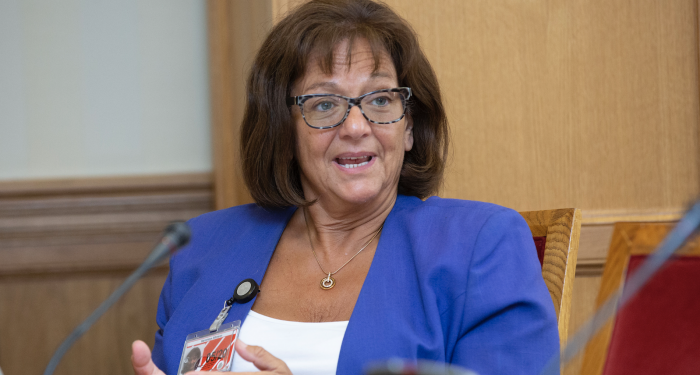The sad news that the fashion retailer Arcadia Group is set to enter administration will be a blow to its thousands of workers and pension scheme members. But there are four key points to bear in mind when considering liability for contributions towards the pension scheme’s deficit.
The company’s collapse has been hastened by the pandemic, which nobody could have foreseen and there seems little legal remedy for the pension members.
This situation is not directly comparable to BHS as Sir Philip and Tina Green had agreed pension deficit repair contributions and paid what was asked by the regulator and trustees.
QE has inflated annuity costs and pension liabilities, so the Arcadia scheme will be unable to secure its liabilities as would be needed to avoid Pension Protection Fund entry.
Arcadia’s pension scheme is more likely to enter the PPF, reducing most pensions by between 10 and 20 per cent for the thousands of workers, who may also lose their jobs.
This situation is different from the furore which surrounded the insolvency of BHS. In that situation, the Pensions Regulator had concerns about the lack of funding for the BHS pension scheme over many years and the fact that the business had been offloaded without plans in place to fix the deficit of over half a billion pounds. In the case of Arcadia, however, the owners have reached an agreed schedule of deficit repair contributions, that was to see £100million paid in over three years, half of which has already been paid. Even if a further £50million is paid next year, as per the guarantee arrangement, the scheme would still not escape the Pension Protection Fund.
The costs of annuity purchase have continued to soar in the past year, as central bank monetary easing has driven long gilt yields lower, which has increased both pension liabilities and annuity costs significantly. This is a significant strain on all UK pension schemes, and the Regulator’s insistence that schemes with weak sponsors should steer clear of trying to earn better investment returns and stick to very low return investments, has added to the pandemic pressures on sponsors too.
The sad reality is that Arcadia’s pension scheme is more likely to enter the PPF, reduces most members’ pensions by between 10 and 20 per cent, which will be an added blow to the thousands of workers who may also lose their jobs.
It is true that Sir Philip Green did pay £363m to rescue the BHS pension scheme from the PPF, and he has always said that the workers are like family to him, but in the current retail environment, and given the lack of apparent legal or regulatory obligations to do so, it would be unwise to rely on such an outcome.
The post Ros Altmann: Why Green’s liability to Arcadia is not the same as BHS appeared first on Corporate Adviser.



